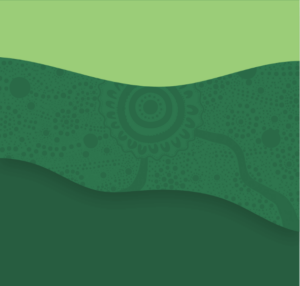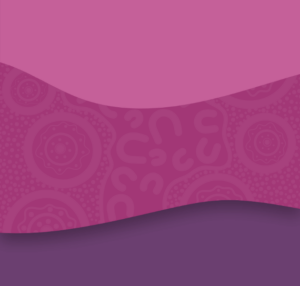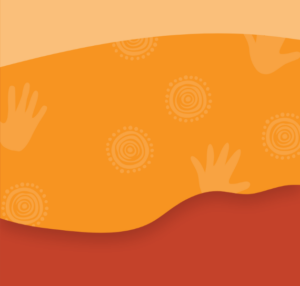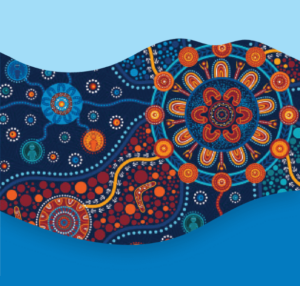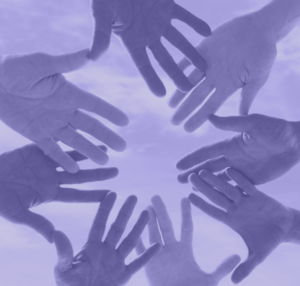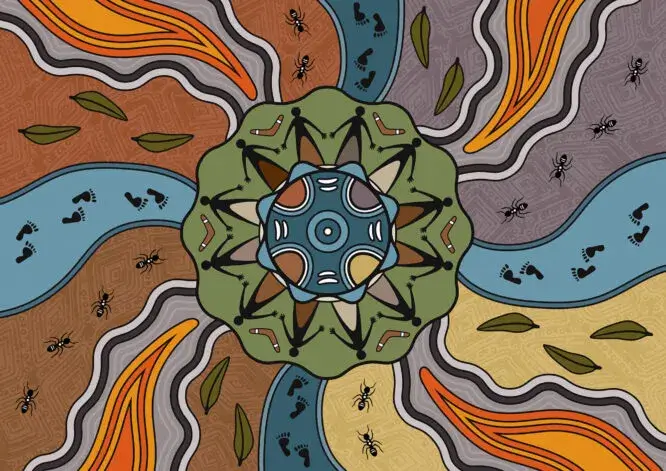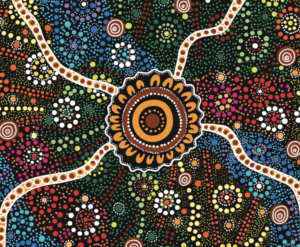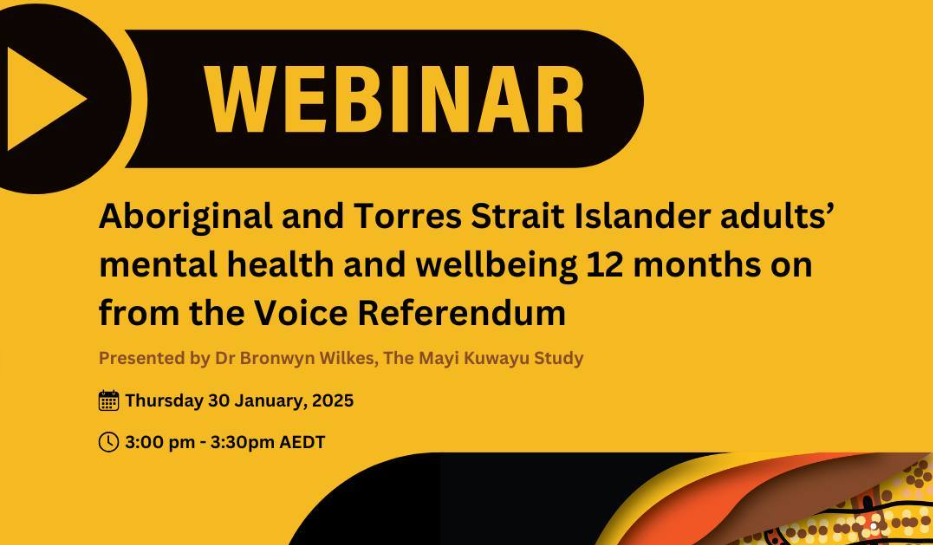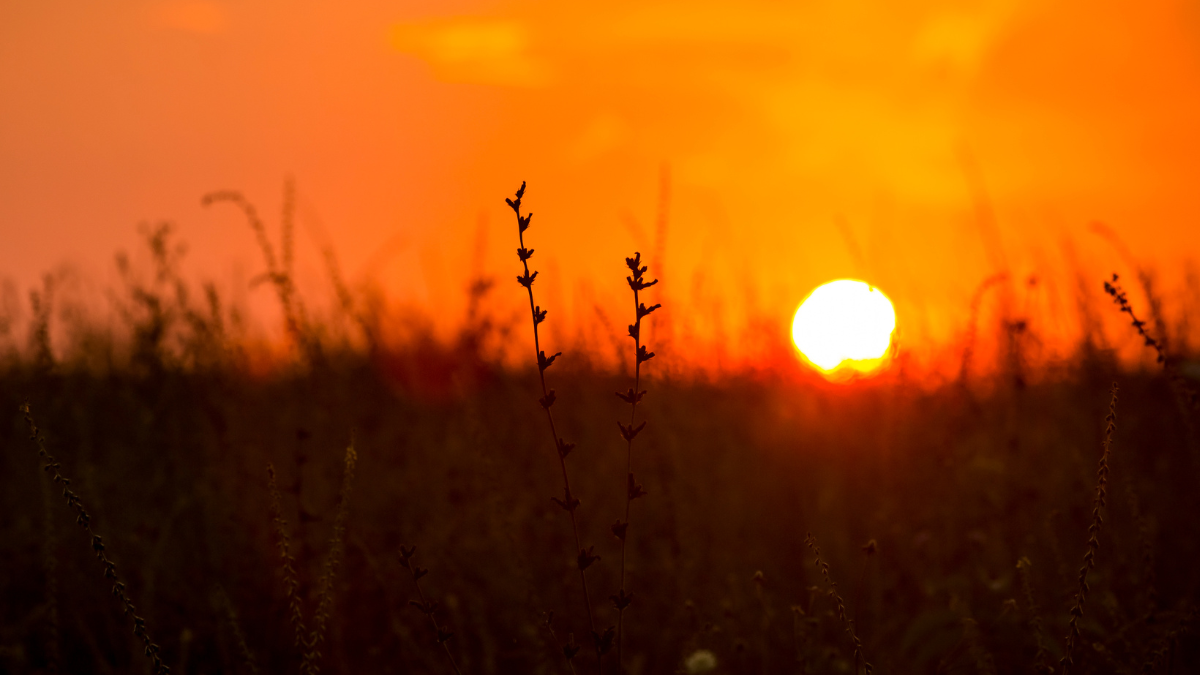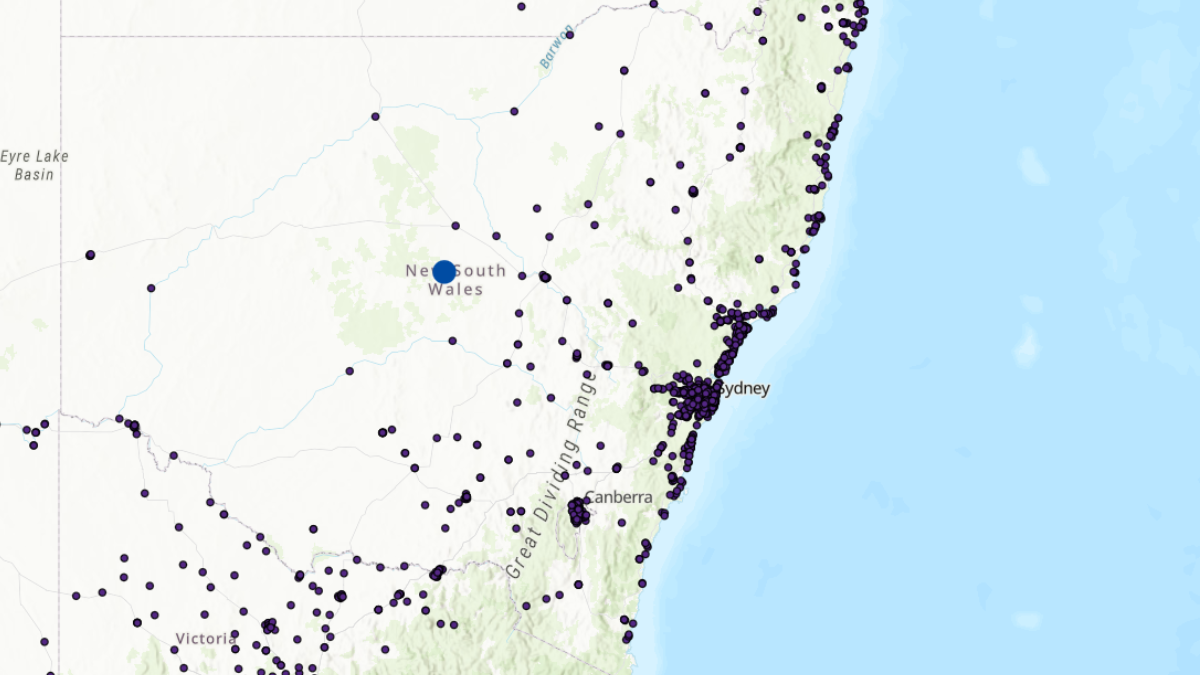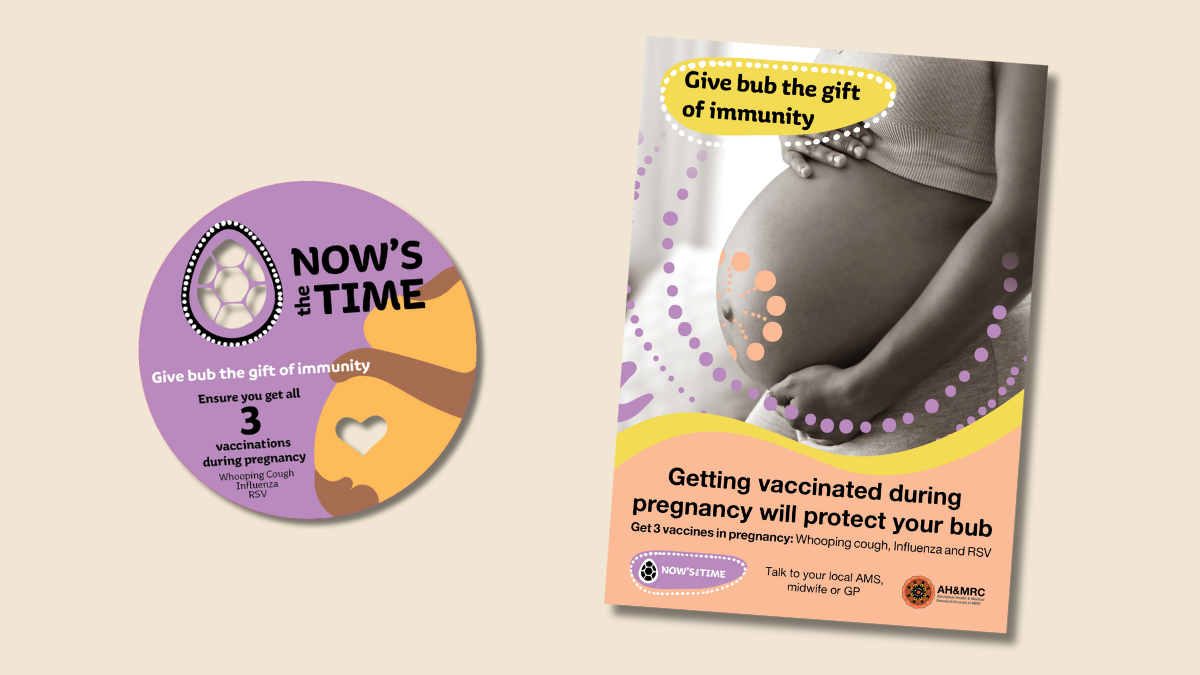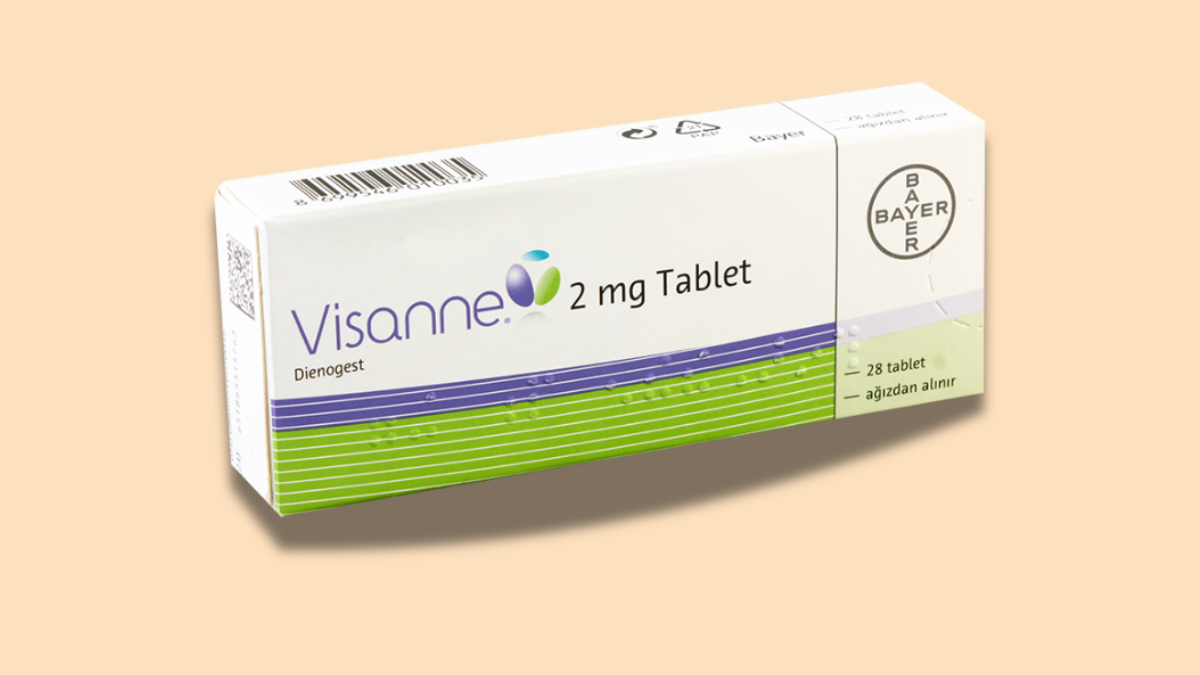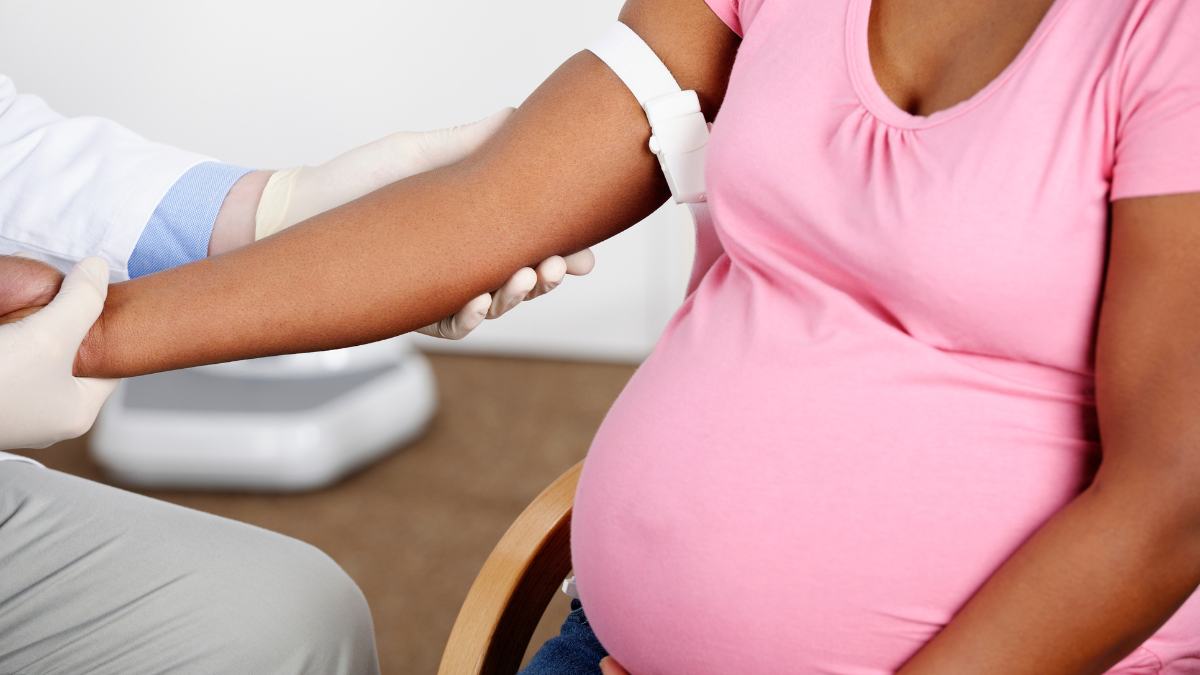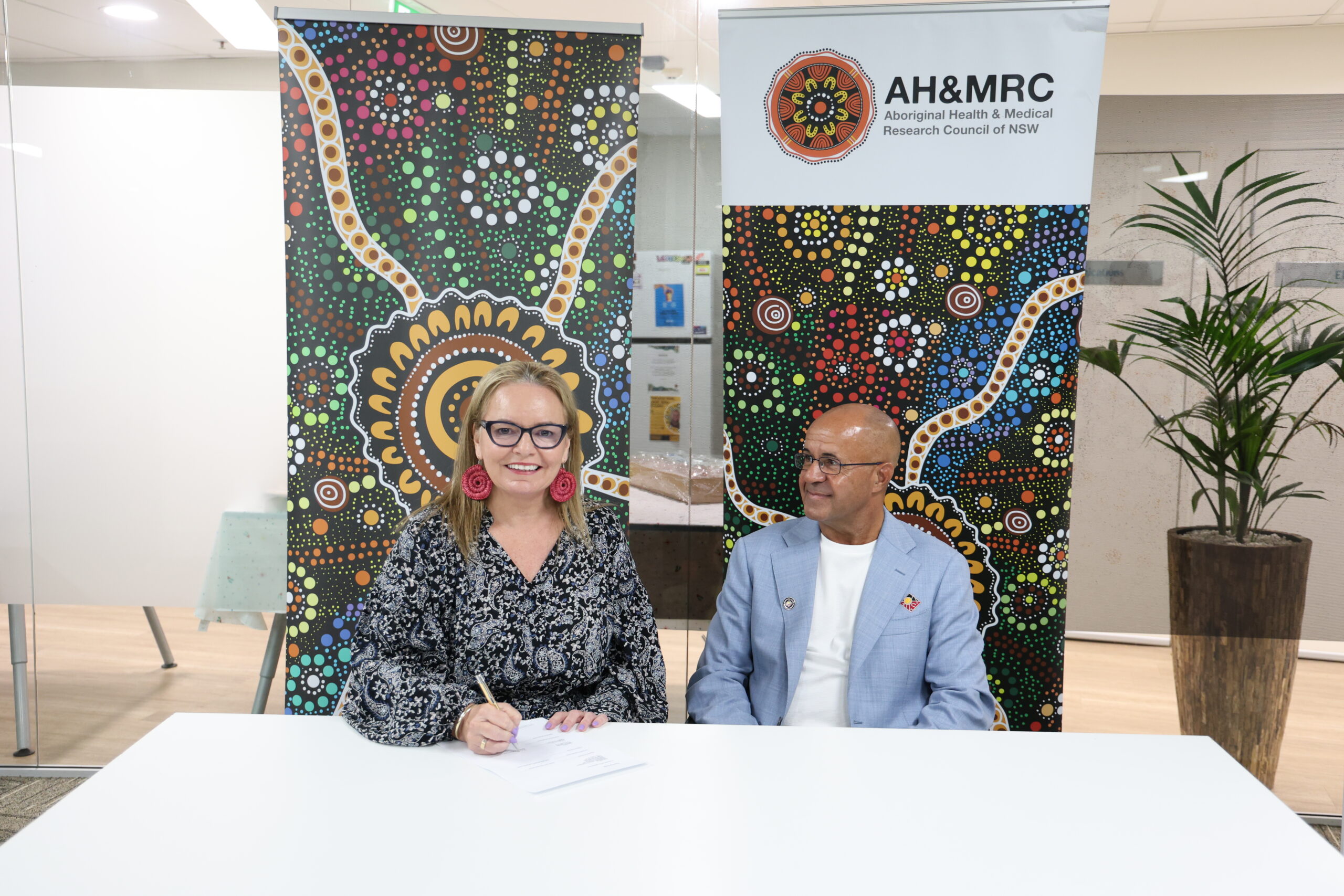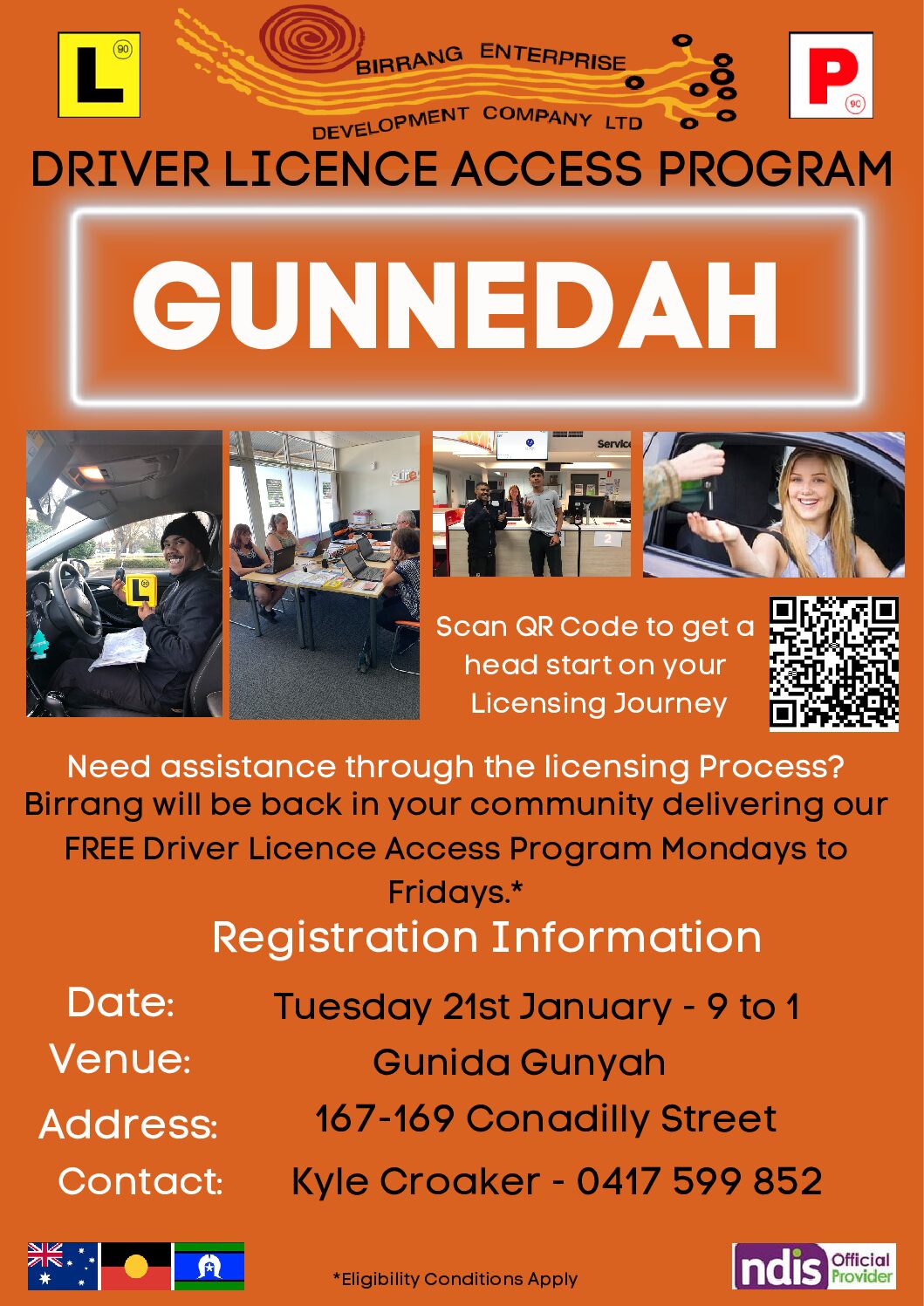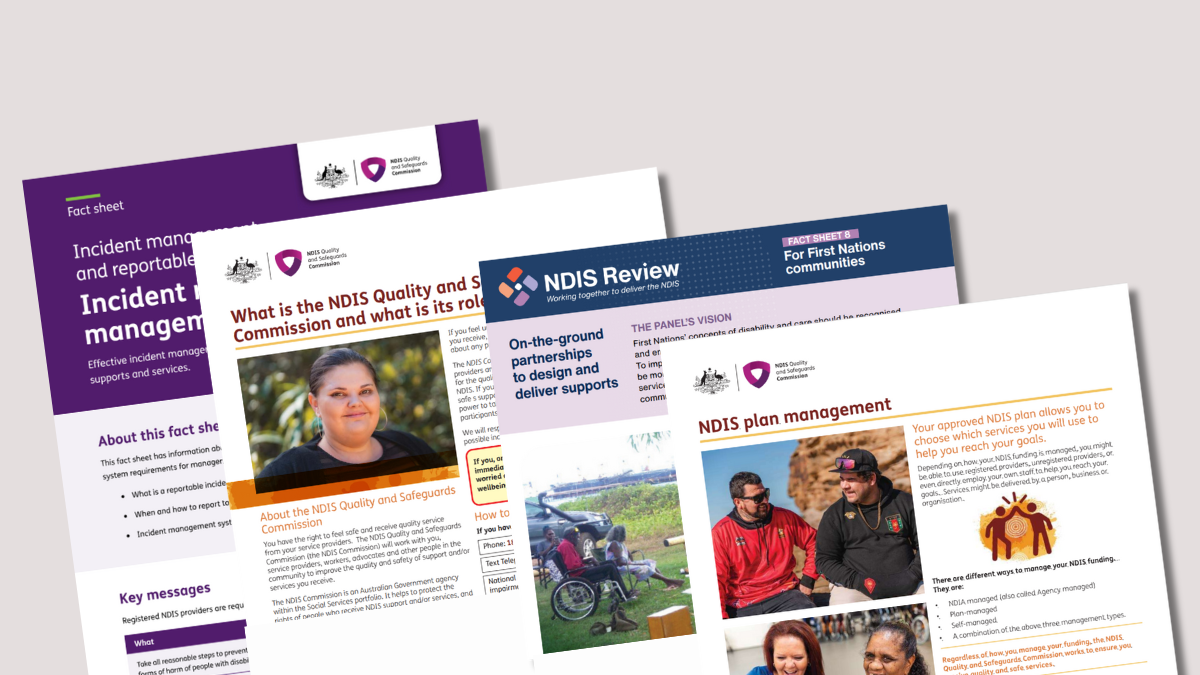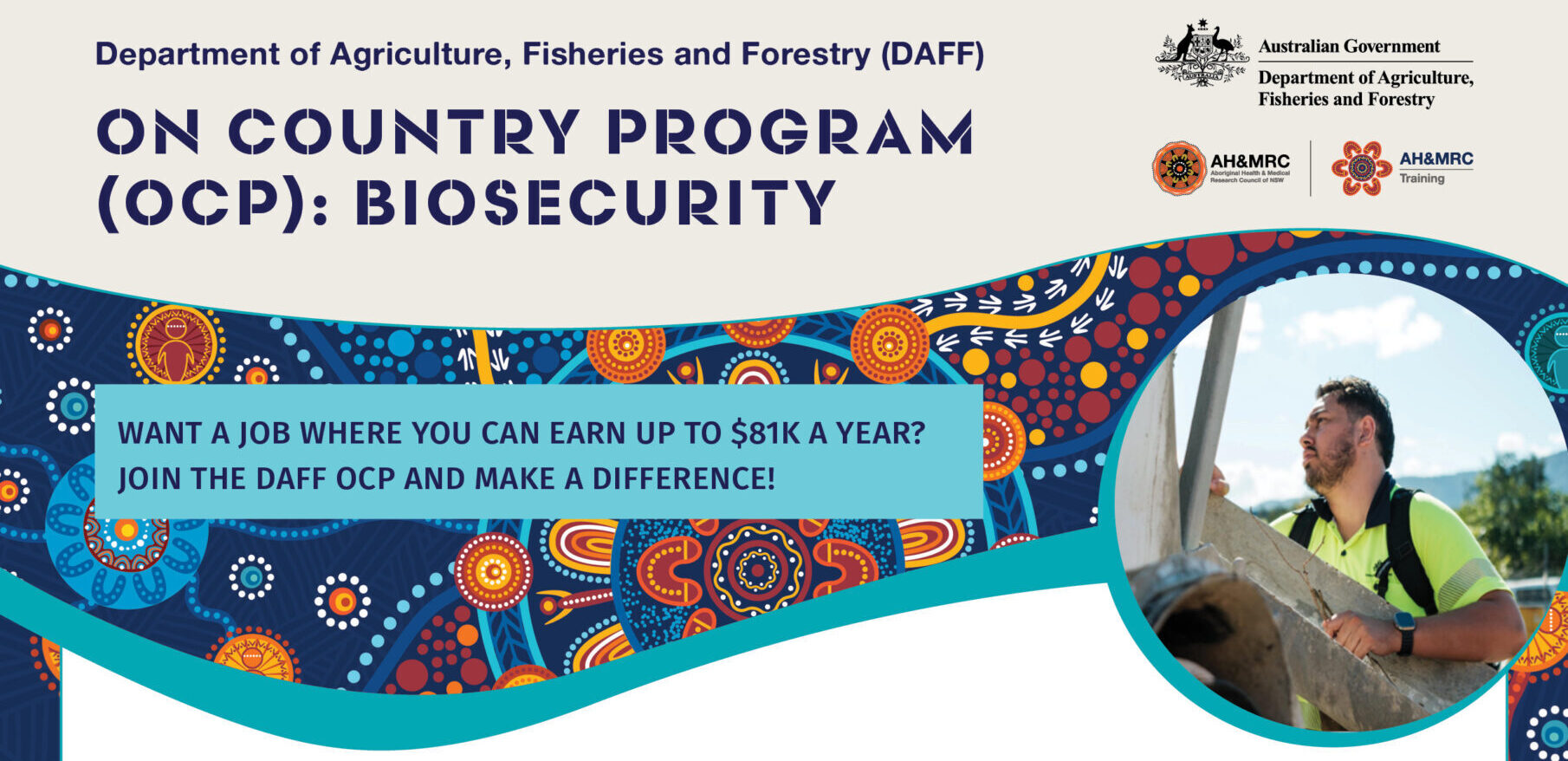Starting 3rd February 2025, New South Wales (NSW) will roll out a new Respiratory Syncytial Virus (RSV) Prevention program.
For Pregnant Women:
Under this initiative, the maternal RSV vaccine Abrysvo® will be available to pregnant women free of charge through the National Immunisation Program (NIP). The vaccine will be administered to pregnant mothers between 28 to 36 weeks of pregnancy, providing newborn babies with immediate protection against RSV infection.
This new RSV vaccine will be recommended in addition to the current pregnancy vaccines, meaning that mothers will now be recommended to receive 3 vaccines during pregnancy:
- RSV vaccine (Abrysvo®) : between 28 to 36 weeks of pregnancy.
- Whooping cough vaccine: between 20 and 32 weeks of every pregnancy.
- Influenza vaccine: Recommended for every pregnancy at any stage of pregnancy.
For Babies:
Until 16th March 2025:
- The current NSW Vulnerable Babies Program will continue.
- Eligible vulnerable infants receive the monoclonal antibody nirsevimab (Beyfortus™), funded by NSW Health.
- Available through clinicians in treating hospitals and Aboriginal Medical Services.
From 17th March 2025:
NSW Health will fund nirsevimab (Beyfortus™) for:
- Infants at birth not protected by maternal RSV vaccination or with risk conditions for severe RSV disease.
- Children up to 24 months with risk conditions for severe RSV disease entering their second RSV season.
- Catch-up for infants born from 1 October 2024 to 16 March 2025 not protected by maternal vaccination and who did not receive nirsevimab at birth.
Further information is available on the NSW Health website here: NSW RSV Prevention Program – Information for health professionals
In addition, the National Centre for Immunisation Research and Surveillance (NCIRS) will host a webinar on RSV disease and its prevention, focusing on the newly funded RSV programs.
To register for the webinar, please use the link below:
Australian RSV immunisation update – new funded programs for infant protection
Date: Thursday 6 February
Time: 12:00- 1:30PM AEST
Cost: Free
Information for Parents and Carers are available for parents and carers on the NSW Health Website: NSW RSV Prevention Program – Information for parents and carers.
New resources will be available soon.
